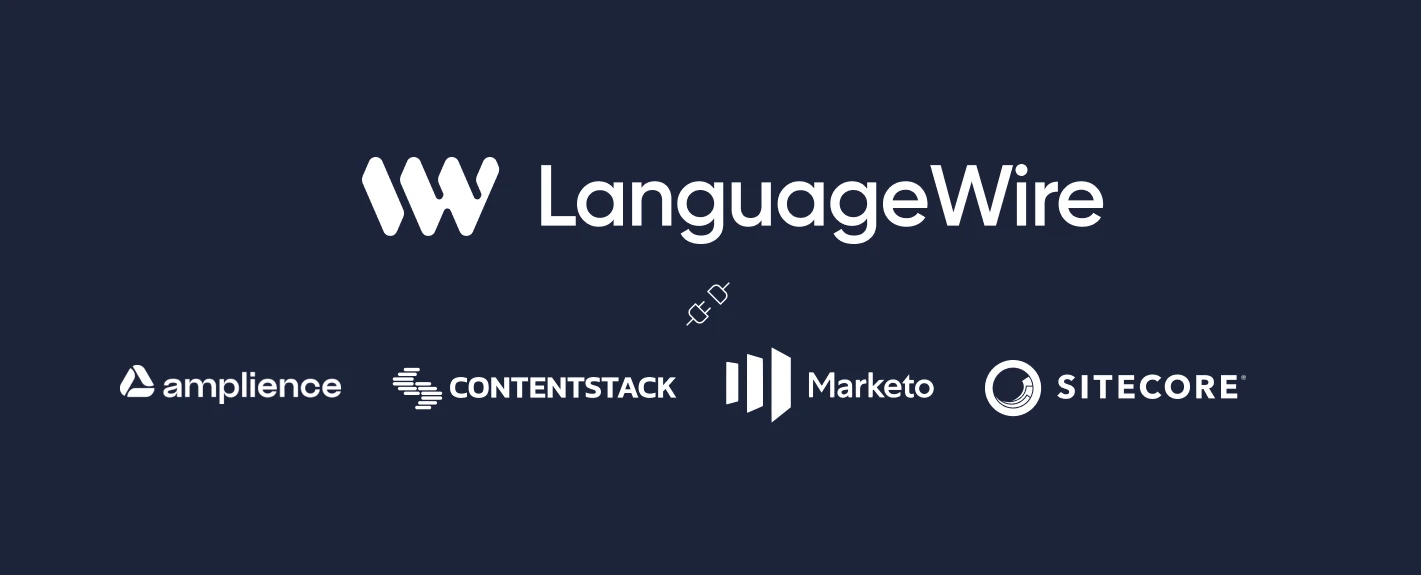Data breaches cost US businesses an average of $4.37 million in 2021 alone.
Not securing your data can be an expensive mistake which is why a solid information security policy is a vital part of any cybersecurity framework.
But how do cybersecurity and info security differ? Aren’t they doing the same thing?
While there is some overlap between cybersecurity and information security, they are two very distinct skillsets that help both to analyse and secure your business’s digital environments and confidential data. Let’s dig deeper and find out how.
What is Cybersecurity?
Cybersecurity or cyber security, depending on how your organisation wants to refer to it, is a framework of processes designed to protect your digital assets from threats and cyber-attacks.
Online criminals will launch cyber-attacks against your organisation, such as ransomware and spyware injections to try and find a vulnerability in your IT infrastructure. Their aim is to gain illegal access to your systems via any physical devices on your networks to steal your personal data.
Every device connected to your network could be a potential vulnerability. Cybercriminals will target physical devices like PCs, mobile devices, servers, online cloud systems and applications.
Your business’s cybersecurity framework needs to be robust enough to identify and neutralise any threats. These insecurities could come from both external and internal sources and your framework will need to be able to account for both.
A breach in your IT network could potentially lead to a loss of highly confidential information that will impact on both the company’s finances and reputation.
A cybersecurity framework will include:
The means to prevent unauthorized access or interference with your company’s network.
Regular software patches and updates to avoid application vulnerabilities.
Access controls and procedures for keeping cloud environments secure.
Core security tools for protection from cyber threats such as antivirus, anti-malware, and etc.
Staying on top of cybersecurity trends in a rapidly evolving digital world.
What is Information Security?
Information Security or InfoSec focuses on protecting data within an organisation. The role of an information security policy is to identify valuable company data and set up protocols to ensure it is secure in the event of a breach.
Data can come in many forms, which can make it more challenging to protect. Today much of our data is digital and stored on hard drives or in the cloud. However, you can still find confidential data in a hard copy as well, locked away in filing cabinets and at offsite storage sites.
All these sources of information present a potential vulnerability within a company. An information security policy needs to expose these risks and ensure that suitable protective measures are in place. This could be anything from a secure padlock on a filing cabinet to ensuring crucial documents are not stored on a laptop.
An information security policy should include:
Access controls and procedures for how data is obtained and handled. This could include staff education programmes on how to manage their data securely.
Compliance rules to ensure that the company is meeting standards and privacy laws set by the governing body.
Technical controls such as multi-factor authentication (MFA) for login, as well as firewalls and anti-malware tools.
Cybersecurity vs Information Security: The importance of valuable data
The intersection of information security and cybersecurity is when it comes to protecting your valuable data as they both feed into an organisation’s Information Risk Management (IRM) policy.
Companies produce lots of data and most of it holds no interest to people outside of the organisation. So, defining what’s valuable and what’s not is essential to making sure you’re spending your security budget on the right systems. A cybercriminal is going to be more interested in your financial data than the event details of your web calendar.
Information that a company considers valuable could vary from business to business. It might include financial information, intellectual property, legal contracts, passwords, or anything your company perceives as a vulnerability if lost or compromised.
Identifying what is valuable data falls under the dominion of an information security professional. They will have the data evaluation skills necessary to define a solid data security policy that cybersecurity professionals can use to build a secure digital network.
Localisation and Data Security
We have learned a lot about cybersecurity vs information security and how they both function to keep your data safe. But what about within the localisation industry itself?
The content localisation process can open your data to many different cyber threats. Every time your data is passed from one business entity to another, such as between a Language Service Provider, a translator, and a customer, there are numerous opportunities for external forces to compromise your data.
For starters, each entity may have different data laws and policies governing how they need to handle your data. Additionally, you may unknowingly pass your valuable documentation unencrypted through several insecure devices, networks or channels.
At LanguageWire, we work differently. All our customer’s data and content stays secure within our ecosystem of applications ensuring that no one outside of the workflow has an opportunity to see or access your data or content.
The security of our ecosystem is externally verified by rigorous testing, thanks to our internal and external cybersecurity experts. We can also evidence our commitment to a robust information security policy by our adherence to ISO27001 and TISAX security standards.
Protect your multilingual content—explore our secure localisation solutions.
From secure platforms to ISO-certified workflows, we help global brands localise with confidence.



